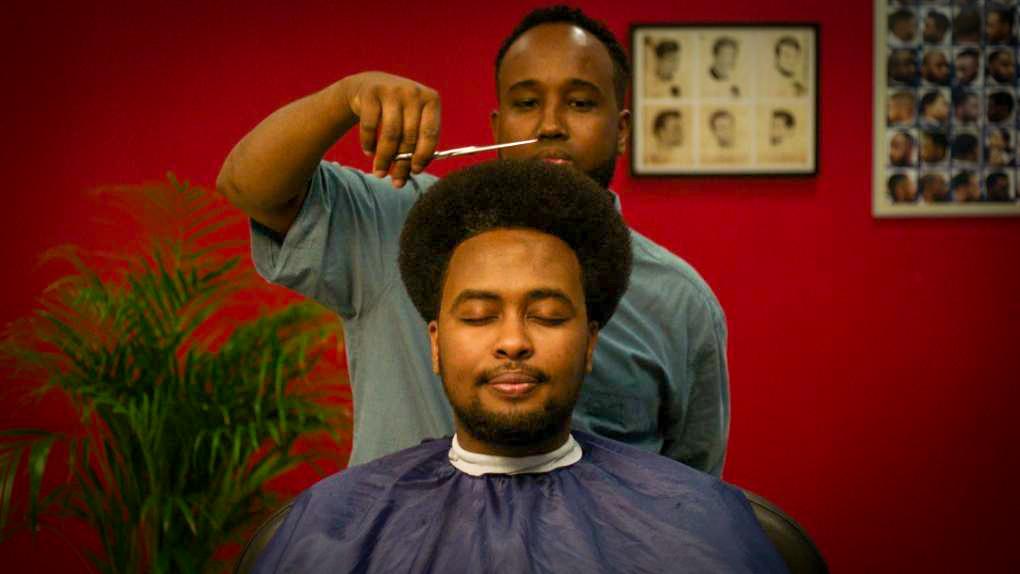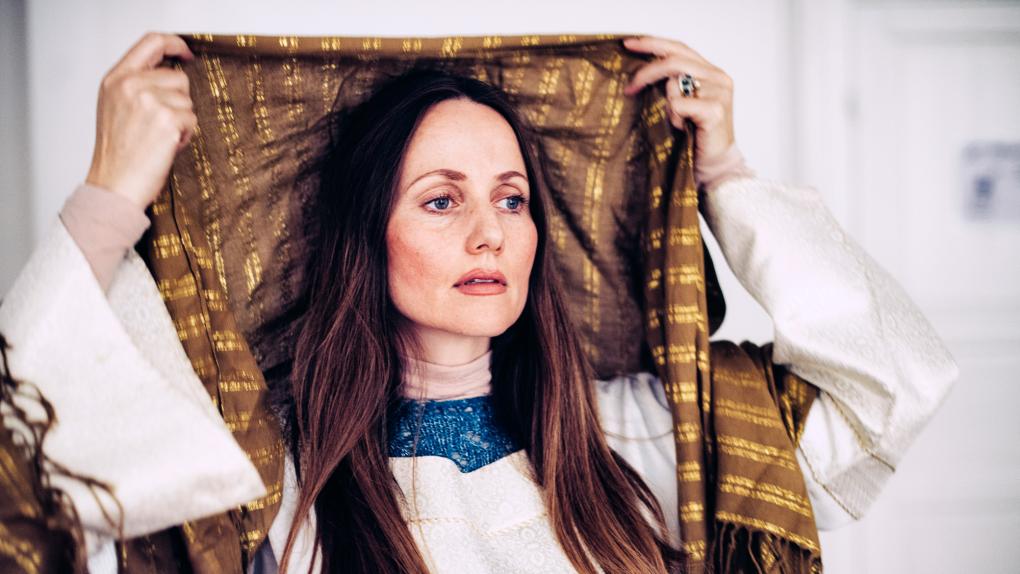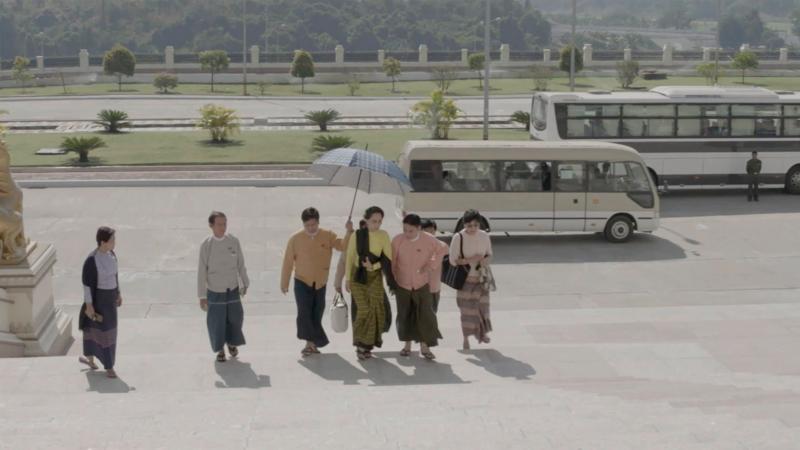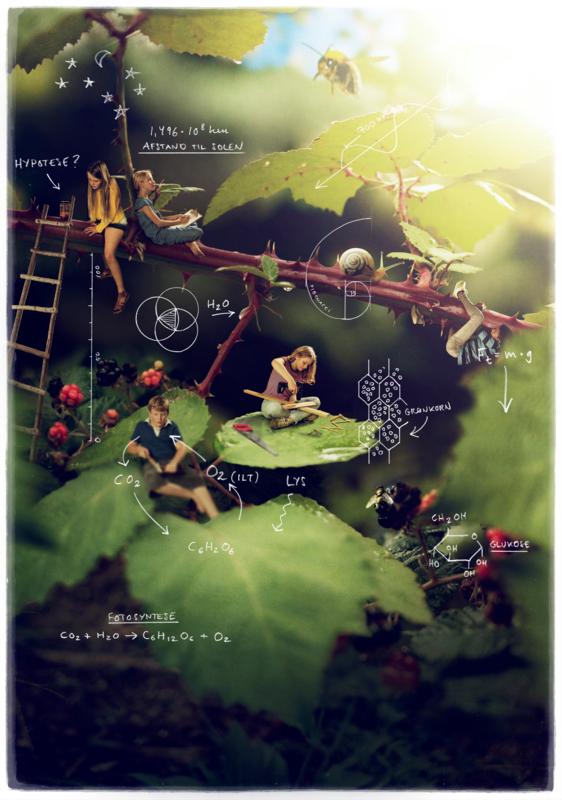
Opening in cinemas across Denmark on 20 March, CPH:DOX features current-affairs films that aim to change the world and political agendas.
This is a hallmark of the Danish documentary film festival, which The Guardian recently named as one of the best European film festivals. Head of programming Niklas Engstrøm credits the accolade to the festival’s core principle of doing something more besides showing films.
"We put the films in a context that helps emphasize their relationship to real life," Engstrøm says. "Documentaries are important for our society today. They can tell so much and make a difference, especially if we do more than just screen them but actually make an effort to carry forward the discussions they raise – through conversations, talks and panel discussions, in immediate extension of the screenings, as well as publicly, in the press and on social media."
Focusing on Europe
When the sixteenth edition of Denmark’s biggest film festival kicks off, the UK will be on the verge of leaving the EU and elections to the European Parliament just two months away.
That does not fail to show through in this year’s programme, which has a strong European focus, ranging from films to an exhibition at the festival headquarters at Kunsthal Charlottenborg. Meanwhile, the recurrent theme JUSTICE examines the ongoing crisis of democracy.
"We are seeing a dramatic upheaval in the world order," Engstrøm says. "Since the election of Donald Trump, the leading Western power has started saying some of the same things as Russia and China, specifically that they don’t care about the international rule of law. Today’s documentaries reflect the crisis of democracy."
Danish documentaries setting the agenda
In the main competition, DOX:AWARD, Engstrøm singles out Karen Stokkendal Poulsen’s 'On the Inside of a Military Dictatorship' and the Brazilian filmmaker Petra Costa’s 'The Edge of Democracy'.
The films, respectively, look at the transitions of Myanmar and Brazil from autocracy to democracy, a process that has been riddled with crises, in part because Myanmar’s military dictatorship never let go of the reins and because Brazil’s political elite turned out to be deeply corrupt.
"Both films show how complex any political situation is and how little we really know when we only read media telegrams from countries like Brazil and Myanmar. This is where documentaries really show their strength by telling stories that teach us more than we would know from reading the occasional article."
Besides 'On the Inside of a Military Dictatorship', this year's strong field of Danish documentaries includes, according to Engstrøm, Phie Ambo’s poetic 'Rediscovery', about a free school’s radically different approach to teaching, and Marie Skovgaard’s festival opener 'The Reformist', which profiles Sherin Khankan, the first female imam in Denmark, and one of the first in the world.
"Venturing into a very delicate political and social field, 'The Reformist' has an amazing approach to its subject,” Engstrøm says. "It’s a film that can really set an agenda.
"'Rediscovery' likewise sets a social and political agenda, entering the debate about the Danish public school system by portraying a green free school, in a tone that is both brave and poetic. It’s a film that really spreads out and wants to change society."
Women showing up
Out of the total competitive field of 66 films, 30 are directed by women. That approaches the 50-50 representation that the organizers of the Cannes Festival and others signed on to last year. However, Engstrøm points out, the impressive statistic is the product not of any gender quotas set by the festival but of skilled filmmakers, regardless of gender.
Moreover, strong women is a recurring theme in this year’s programme. "I could mention a long list of films that show women saying 'enough is enough'", Engstrøm says. "There’s a Time's Up movement going on that’s about more than Harvey Weinstein and MeToo, and really says that it’s time for women to show up – as they most decidedly do in this year’s programme."
For the third year running, the fesitval focuses on new talent in the NEXT:WAVE competition, which includes the world premiere of Emil Langballe's 'A Married Couple' about newly-weds Christian and Sidsel, who both have Down Syndrome. Langballe is also world-premiering in the NORDIC:DOX competition with 'Q's Barbershop', following the every day life in Qasim's barbershop located in Denmark’s largest social housing estate.




